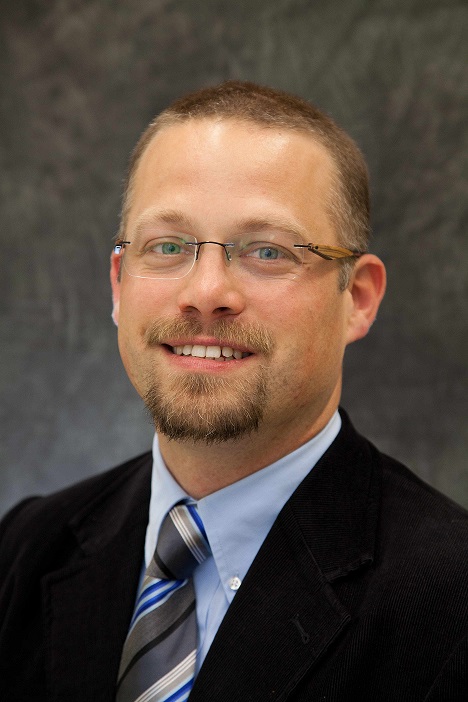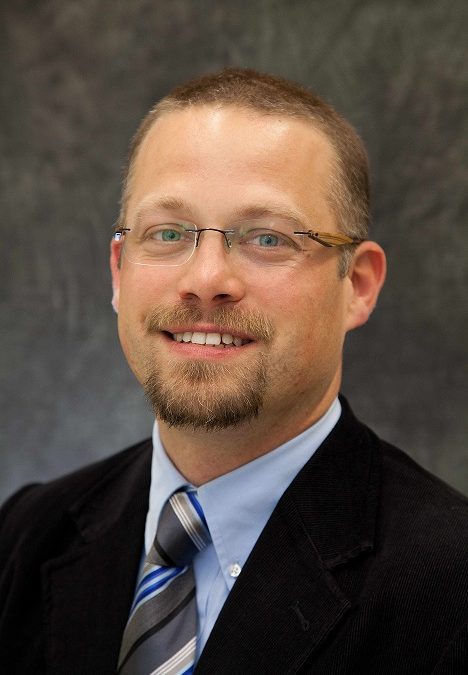
Speaker: Klaus van Benthem, Professor
Affiliation: Department of Materials Science & Engineering, UC Davis
Do Fields Matter? – Microstructure Evolution in Ceramic Oxides
The application of electric fields enables accelerated densification during field assisted sintering. Although such techniques are readily employed for the synthesis of a variety of microstructures with unique properties, a fundamental understanding of the atomic-scale mechanisms for grain boundary formation and subsequent migration in the presence of electrostatic potentials is lacking. We have designed experiments to focus specifically on the effects of applied electrostatic fields on consolidation and grain growth in a variety of oxide ceramics, including 3 mol% yttria-stabilized ZrO2 (YSZ), MgAl2O4 and SrTiO3. In-situ transmission electron microscopy experiments have revealed that non-contacting electric fields can cause accelerated densification in YSZ. Field-induced grain growth was observed in MgAl2O4, with externally applied electric fields most likely interacting with free surfaces of the ceramic. A systematic study on the formation of SrTiO3 bicrystals has revealed that electrostatic fields applied during diffusion bonding affect atomic and electronic interface structures of equilibrium grain boundary configurations. The results are promising for the consideration to control evolving microstructures by externally applied electrostatic fields during ceramic manufacturing.
About the Speaker
Klaus van Benthem is an Associate Professor for Materials Science and Engineering at the University of California, Davis. He obtained his Ph.D. in Materials Science at the Max-Planck-Institute for Metals Research in Stuttgart, Germany, before he became a postdoctoral fellow and subsequently an R&D Staff Scientist at Oak Ridge National Laboratory. Klaus has joined UC Davis since 2008. Together with his research group, he specializes in the characterization of atomic scale defect structures and their evolution under applied stress fields. He employs aberration-corrected and in-situ electron microscopy to explore the effects of electric fields on ceramic microstructure evolution, and mechanisms of solid-state dewetting for metal/ceramic interfaces. Klaus has received numerous awards, including the Young Scientist Award of the German Electron Microscopy Society, a Feodor-Lynen Scholarship of the Alexander von Humboldt Foundation, and the Richard M Fulrath Award of the American Ceramic Society.
Date/Time:
Date(s) - Jan 26, 2018
10:30 am - 12:00 pm
Location:
2101 Engineering V
420 Westwood Plaza Los Angeles CA 90095

